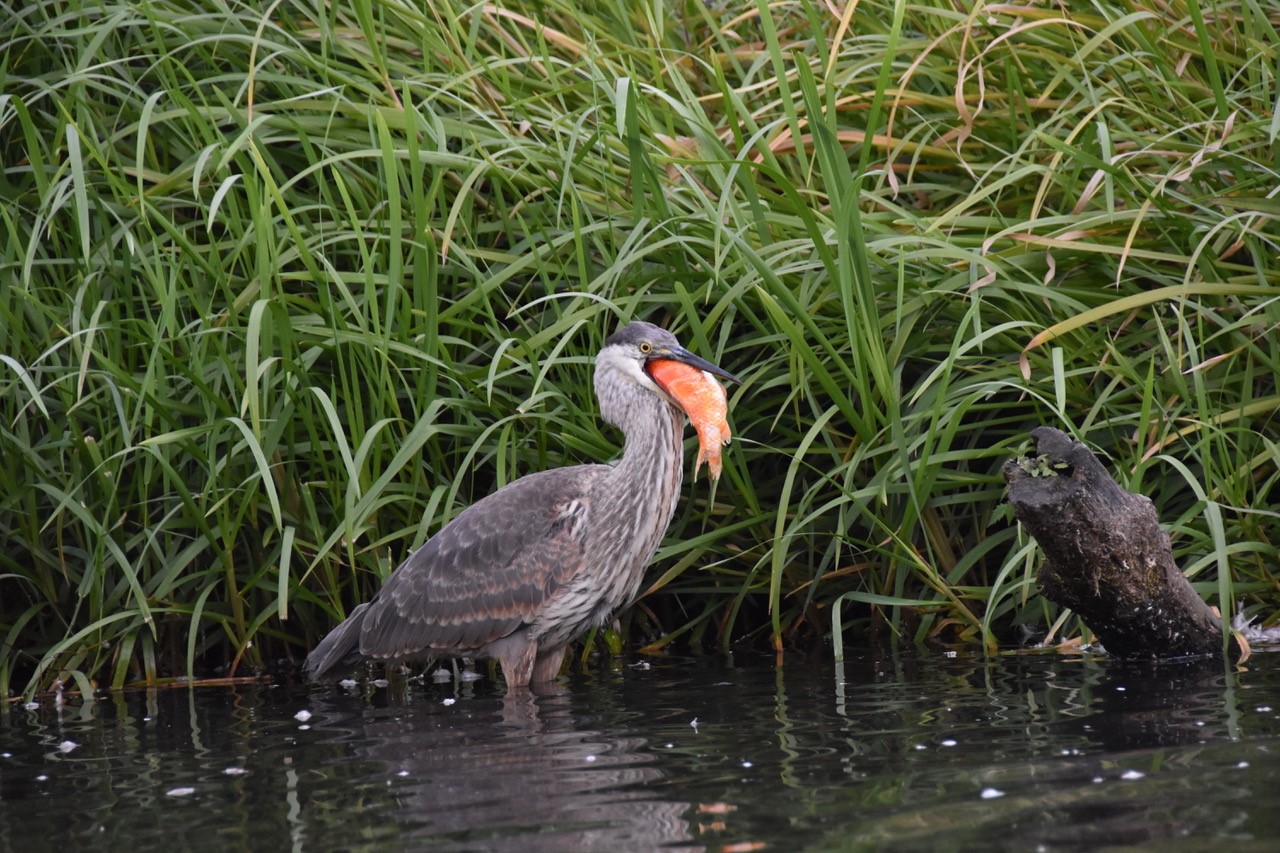Urgent appeal to gardeners, pet owners during Invasive Species action month
May is Invasive Species Action Month in BC and the Invasive Species Council of BC is pleading with gardeners and pet owners to make responsible choices to prevent the spread of invasive species.
As green thumbs across BC dig into their gardens, ISCBC is appealing to gardeners to make sure they’re not planting invasive species.
ISCBC Executive Director Gail Wallin says some of the invasive plants doing the greatest damage across the province today were originally introduced as garden variety ornamentals.
“English ivy was intentionally introduced from Europe as a fast-growing ground cover. It has since spread into forests where it can form dense mats suppressing native plants, climbing and choking trees, leaving them vulnerable in storms. Daphne (Spurge-laurel) was once a popular choice for gardens. Its toxic sap can cause skin rashes, nausea, swelling of the tongue and even coma.”
Wallin urges gardeners to spend some time taking stock of the plants in their gardens, ensuring they are making PlantWise choices, made simpler with the Council’s Grow Me Instead guide.
And if anyone discovers invasives on their property, Wallin says ensure to dispose of them correctly.
“Never compost invasive plants. Composting facilities may not reach high enough temperatures to inactivate certain invasive plant material like seeds.”
Pet owners are also asked to pay attention this Invasive Species Action Month.
Goldfish, Red eared slider turtles, European wall lizards and European rabbits do not belong in the wilds of BC.
But when pet owners tired of the responsibility have set them free, these favourite household companions have gone on to cause huge problems to waterways and sensitive riparian areas.
“In the wild, Goldfish can grow to be the size of a football. They eat everything, leaving nothing for native fish species. They can survive in extreme temperatures and can spread disease. Releasing pets into the wild is illegal.”
Invasive species are one of the greatest threats to biodiversity, along with habitat loss. Every year the province of BC proclaims May ‘Invasive Species Action Month’ recognizing the impact of invasive species on BC’s environment, economy, society, and human health.
This month ISCBC urges everyone to learn to identify invasive species in their gardens, communities and in the great outdoors, and to join the I Spy Identify project on iNaturalist and be part of the active community observing nature and protecting Canada’s outdoor spaces from invasive species.
Preventing the introduction and spread is possible with simple changes to our habits including PlantWise for gardeners and Don’t Let it Loose for pet owners.
Interviews are available with ISCBC Executive Director Gail Wallin. Photos are also available.
The Invasive Species Council of BC is dedicated to keeping landscapes and communities free of invasive species. It provides a coordinated, province-wide approach to reducing the spread and the impact of invasive species in BC. ISCBC unites efforts throughout the province and collaborates with a variety of partners to develop unique solutions for the wide variety of ecosystems in BC.


























